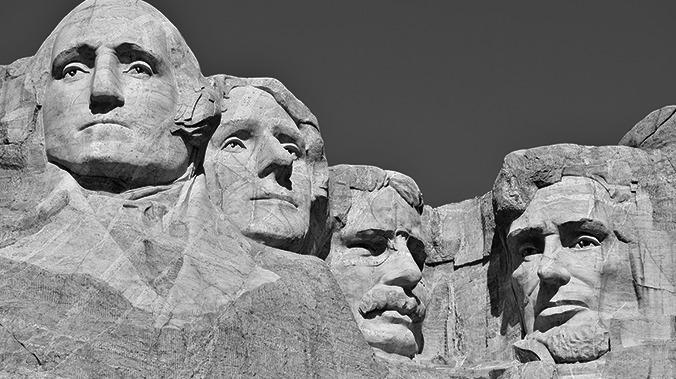Americans celebrate Presidents' Day each year on the third Monday in February. The holiday is known as Washington's Birthday within the federal government. While it has honored George Washington since it was first established as a holiday in 1879, the day now honors all who served as United States presidents.
The widened scope of Presidents' Day affords a great opportunity for Americans to learn some interesting facts about the individuals who have taken office since George Washington first did so in 1789.
· Anecdotes abound in regard to George Washington, and his famed wooden teeth is among them. However, that story is an enduring myth and not reflective of reality. Various historians and groups, including the National Constitution Center, note that George Washington's dentures were not made of wood, but rather a combination of ivory, gold and human and animal teeth, among other materials.
· Two former presidents and founding fathers passed away within hours of each other. John Adams, who succeeded Washington as the nation's second president in 1797, and Thomas Jefferson, who served as the third president of the United States between 1801 and 1809, each died on July 4, 1826. The two one-time friends and then foes ultimately reconciled prior to their deaths.
· John Adams and his son, John Quincy Adams, who served as the sixth president of the United States from 1825 to 1829, are the only presidents among the first twelve to have never owned slaves.
· Though outdoor inaugurations are now the standard, they were not always. The nation's fifth president, James Monroe, was the first to be inaugurated in the elements.
· So long as they're eligible to run for reelection, sitting presidents typically seek a second term. But that's not always the case. James K. Polk, who served as the nation's eleventh president, was the first to retire after one term. Though Polk did not necessarily set a trend, subsequent presidents James Buchanan, Rutherford B. Hayes, Calvin Coolidge, and Harry S. Truman also did not seek a second term. And while Teddy Roosevelt did not seek a second term in 1908, he did in 1912.·

